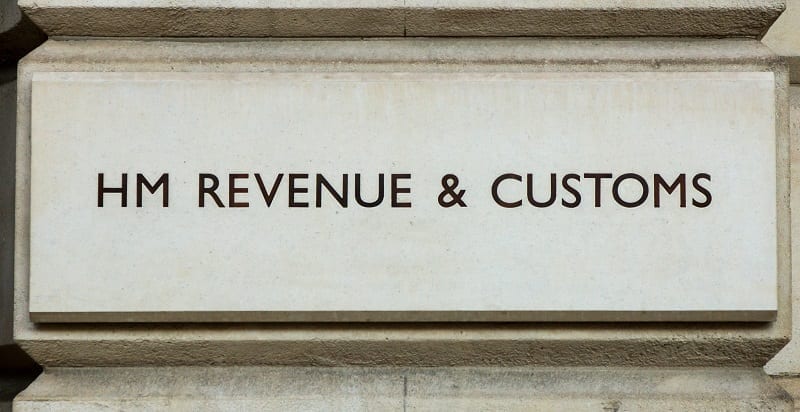In June 2023, HMRC released a consultation documentation for ‘Tackling non-compliance in the umbrella company market’. According to HMRC, the purpose of the consultation was to…
An update on whether a vehicle is a car or van for benefit in kind purposes
In recent years, working out whether a vehicle is a van or car, for the purposes of benefit in kind implications, has been increasingly difficult. The classification is important for employers given that the tax and Class 1A national insurance cost of a vehicle considered to be a car, is much higher than the cost of a van benefit in kind.
The reason for the difficulty rests on the decisions reached in both the first tier tribunal (FTT) and upper tribunal (UT) in a case involving the provision of vehicles to employees of Coca-Cola. The case focuses on two similar vans, one a Volkswagen Kombi and one a Vauxhall Vivaro. Both vehicles had a second row of seats fitted in the mid-section of the van and space in the rear of the vehicle for goods. Despite the similarities, the decision in both the FTT and UT was that the Kombi was considered a car for benefit in kind purposes, whereas the Vivaro was a van for benefit in kind purposes.
The basic requirement for a vehicle to be considered a van for benefit in kind purposes, is for the vehicle to be ‘of a construction primarily suited for the conveyance of goods or burden of any description’. If the vehicle is considered to be primarily suited to the conveyance of passengers or has no primary use i.e. a multi-purpose vehicle, then it would not be a van for benefit in kind purposes and the benefit will be charged as a car benefit.
In the Coca-Cola case the FTT, and on appeal, the UT arrived at a decision that the Vivaro was marginally more suited to the conveyance of goods and was consequently primarily suited to the conveyance of goods, meaning the benefit charged should be a van benefit. However, the FTT found that the Kombi construction and modification meant it was not primarily suited to the conveyance of goods and therefore subject to the higher car benefit charge.
Given the fine margin of difference between the two vehicles, the ramifications of the case has made it difficult for employers, advisors and HMRC alike to be certain of the correct tax treatment for vans with a second row of seats (irrespective of whether they are fixed or able to be taken out of the vehicle). It is unsurprising then that the case has been taken to the court of appeal. Unfortunately, while the judgement provides some much needed clarity and common sense to the taxing of similar types of vehicle, the latest judgement found in favour of HMRC.
The court of appeal has concluded that there was an error in the FTT and UT decisions to treat the Vivaro as a van, stating that the FTT “seems to have lost sight of the concept of predominance. The UT endorsed that erroneous approach… it is not enough to slip past the post. ‘Primarily’ means something more than a suitability which is first in the list by a whisker. It means first and foremost. It cannot encompass very narrow margins. It is also possible for a multi-purpose vehicle to have no primary suitability at all”.
The ramifications of this decision for taxpayers is significant, particularly as the court of appeal decision is binding. Those employers who provide similar vehicles to their employees are likely to see higher benefit in kind charges arise where the vehicle is reclassified as a car.
Should there not be a further appeal from Coca-Cola, I would also expect HMRC challenge the P11D position adopted historically on compliance checks going forward. We may also see a targeted campaign on industries which commonly use these types of vehicles, with the construction and agriculture industries being particularly at risk of challenge.
This case focuses on two specific vehicles but underlines the risk of HMRC challenge in this area but the risk is likely to extend for other makes and models of similar vans, with similar specifications. Time will tell whether HMRC also look to use this decision more broadly to look at other vehicles currently accepted as vans i.e. double cab pick-ups.
Should employers have concerns over the tax implications of the vehicles provided to their employees, please speak with myself or Steve Ashworth with our Employer Solutions team, as we would be happy to support you in considering the impact of this case.

FEATURING: Steve Ashworth
Before joining the Bristol office of PKF Francis Clark in July 2019, Steve started his career at HMRC over 30 years ago and then spent… read more



